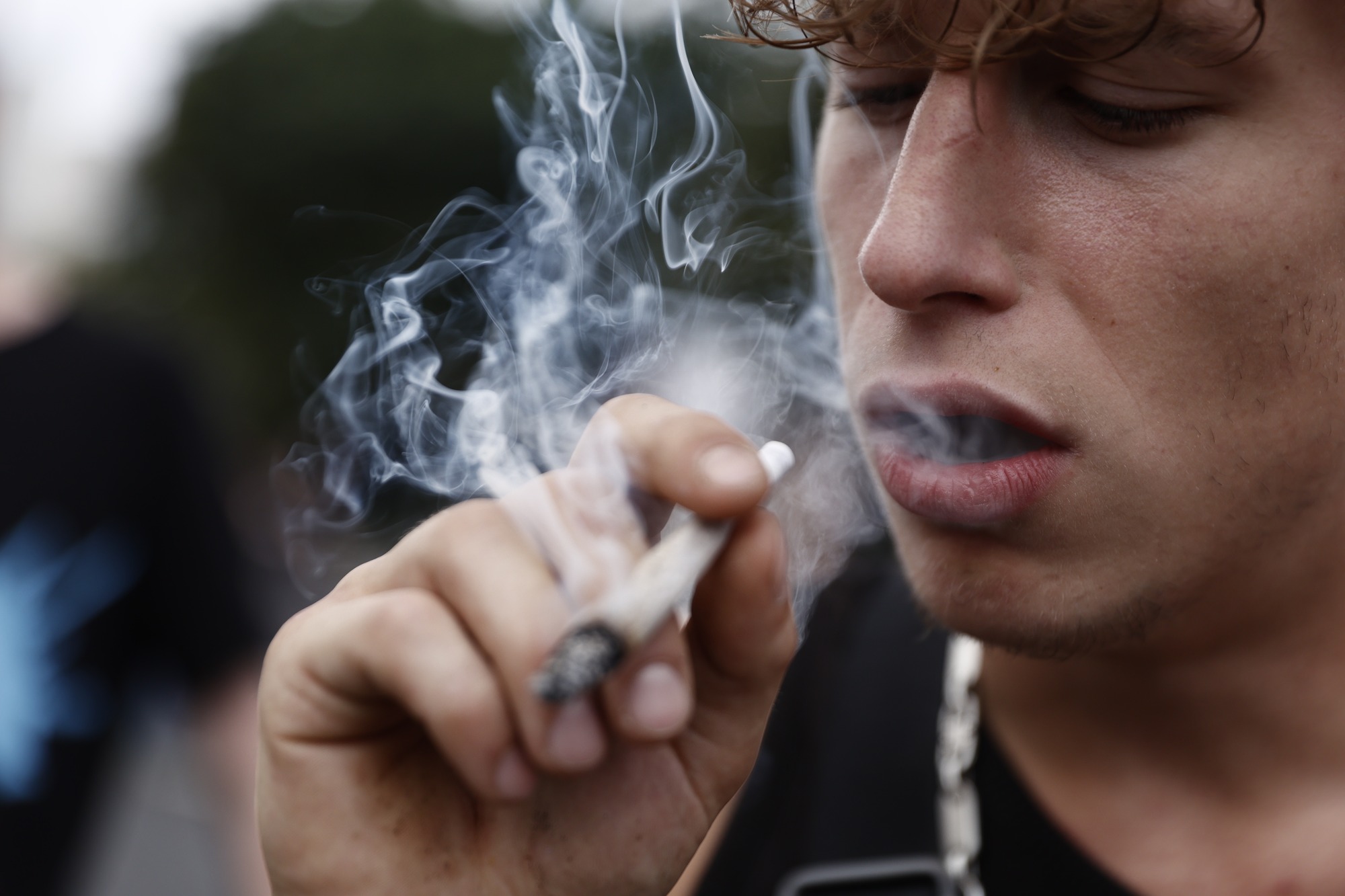The incoming Labour government has reignited an old debate about smoking by choosing to breathe new life into Rishi Sunak’s Tobacco and Vapes Bill. This bill will “progressively increase the age at which people can buy cigarettes and impose limits on the sale and marketing of vapes” in order to create a “smoke-free generation”. The new government’s proposed legislative programme includes other public health measures, not just pertaining to smoking bans but also a renewed focus on mental health by reforming the Mental Health Act.
Conspicuous by its absence was any mention of cannabis — despite the drug being at the centre of health issues related to smoking and mental wellbeing. Cannabis use is associated with a range of deleterious mental health outcomes, including increased risks pertaining to suicide, self-harm, depression, anxiety, mania and psychosis. A study published a few years ago by The Lancet, for example, gave a stark warning that “daily cannabis use was associated with increased odds of psychotic disorder compared with never users […] increasing to nearly five-times increased odds for daily use of high-potency types of cannabis.”
This is reflected by the fact that there is now a cannabis clinic specifically for patients with psychosis in London. But when questioned about his position on the legal status of cannabis, Keir Starmer denied that he had any plans to liberalise access to the drug. Nevertheless, his stance is increasingly at odds with the views of his party and even his own Cabinet.
The wider progressive political movement, of which the Labour Party forms a part, is acting inconsistently on the issue of smoking in general. The Liberal Democrats, for instance, support smoking bans when it comes to tobacco, but legalisation when it comes to cannabis. What explains this clear and obvious inconsistent approach to smoking by progressives?
The answer is ideological. As drug policy experts Keith Humphreys and Wayne Hall explain, in a number of countries cannabis use has traditionally been associated with Left-wing grassroots activism. As such, Left-leaning parties are typically more sympathetic. That is in spite of the fact that, in the United States and Canada, the “industry is run by business executives with law degrees and MBAs who are adopting the business practices of the tobacco and alcohol industries,” they write.
Tobacco is implicitly Right-coded due to its associations with consumerism, advertising, mass marketing, sponsorship, and the unacceptable face of capitalism in the form of Big Tobacco. Cannabis is implicitly Left-coded due to its associations with underdog/outsider groups such as hippies and Rastafarians. The inconsistent approach to smoking taken by progressives — such as Lib Dem Deputy Leader Daisy Cooper — isn’t based on a substantive and objective assessment of harms or a deep understanding of the issues involved.
The irony is that cannabis commercialisation would inevitably lead to a reproduced form of Big Tobacco — not least because Big Tobacco is one of the biggest investors in nascent legalised cannabis markets — with all the same attendant issues. All purveyors of addictive products — whether gambling, alcohol or cannabis — are reliant on heavy users for profits. This creates a set of commercial incentives, which are inherent to such industries, that fundamentally conflict with the aims of public health — aims that progressives claim to valorise.
It is one thing for the opinions of ordinary members of the public on drug policies to be based purely on vibes. But one would hope for better from those sitting in our legislature.











Join the discussion
Join like minded readers that support our journalism by becoming a paid subscriber
To join the discussion in the comments, become a paid subscriber.
Join like minded readers that support our journalism, read unlimited articles and enjoy other subscriber-only benefits.
Subscribe